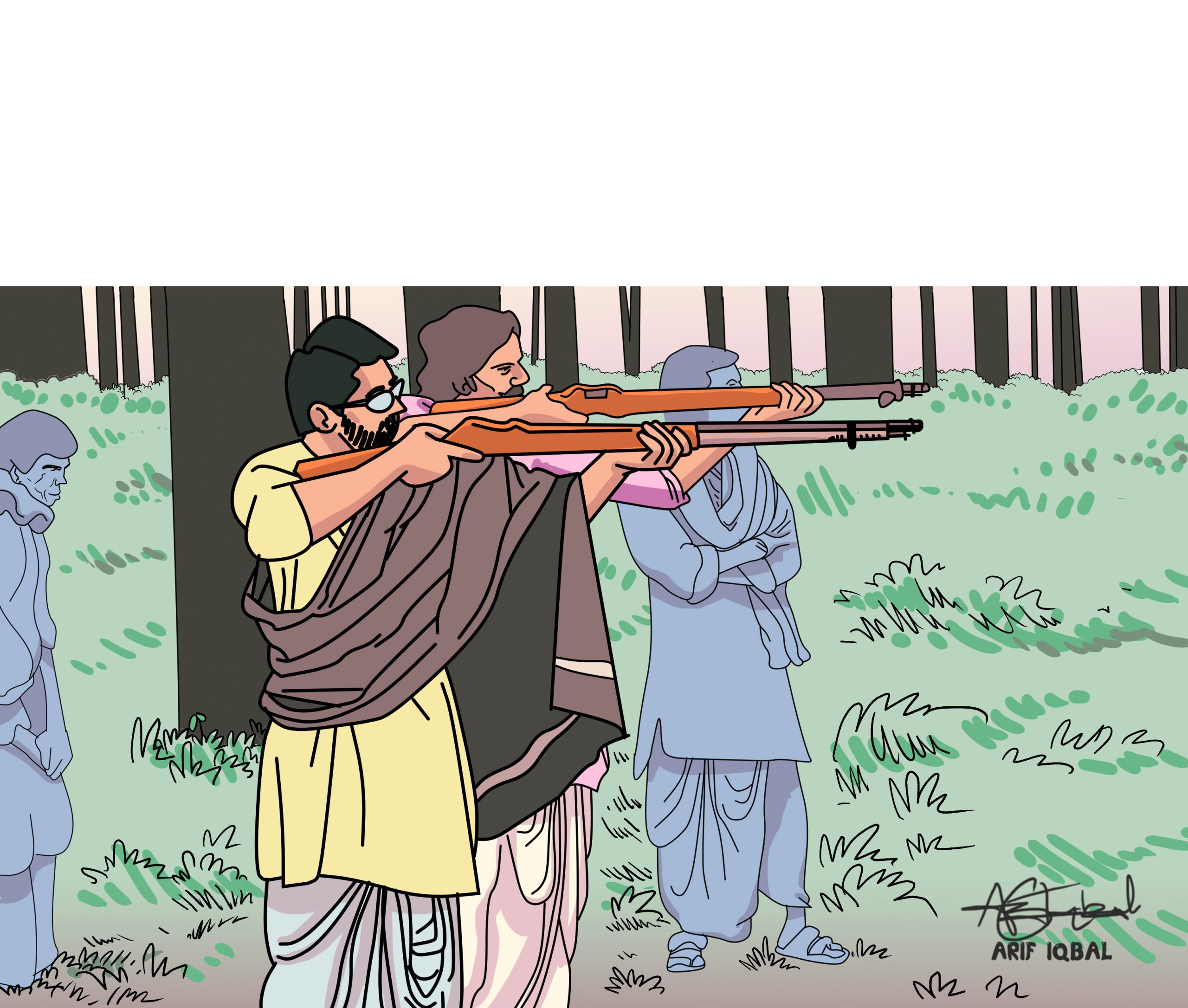He was among the first few to have taken arms to fight the British colonisers in the Indian Sub-continent. He, along with Khudriam Bose, on 30 April 1908, threw a bomb targeting an English Magistrate, Douglas Kingsford, who was notorious for inflicting harsh punishment and repression of the activists of the Swadeshi movement. Unfortunately, by mistake, their bomb injured and subsequently, regrettably, took away the lives of two innocent English ladies. He was not even twenty when following this incident; he reportedly committed suicide to avoid a judicial process of the colonial masters where surely the cards were stacked against him. The death sentence was imminent as it was meted out to his companion, Khudiram Bose. Some sceptics did not buy the story of his suicide and felt that a member of the British imperial police may have shot him dead and then passed it off as a suicide. To what extent this is an unfounded conspiracy theory is anyone’s guess. Mahatma Gandhi denounced his action, but Bal Gangadhar Tilak staunchly defended it. For that, Tilak was arrested on a charge of sedition. This young boy is none other than Profulla Chaki. However, to this author’s shock and dismay, the place of his birth at Bihar village of Shibganj upazilla of Bogura district is almost unrecognisable.
There is no signpost on the nearby paved road pointing you to the place of his birth. Your only way to his place of birth is through people’s fingers pointing to the direction of his home. During a recent visit to this great patriot’s birthplace, it was a shock to find out that not only is there no trace of the home where he was born, but the memorial plaque is almost illegible. One would need quite good eyesight to read that. Assuming that there is none on the narrow alleyway, you cannot even recognise the place. In a country where some of the smallest bridges, culverts, roads, and public buildings would have a bigger foundation stone or plaque conspicuously proclaiming the names (if at times rather chutzpah) of those who laid the foundation stone or officially inaugurated it, the non-conspicuity of the memorial plaque lying on Profulla’s birthplace is remarkable.
With so much effort being committed to the preservation of the graveyards of our great War of Liberation, the neglect of some heroes of earlier generations who inspired those who fought in our glorious War of Liberation of 1971 is regrettable. Indeed, even some members of civil society have invoked the writ jurisdiction of the High Court Division (HCD) of the Supreme Court to obtain HCD’s directives on preserving some historical sites connected to the War of Liberation. The HCD in Major General K. M. Shafiullah v Bangladesh and Others (2010) 18 BLT (Special Supplement) accepted the petition. It has directed the government, inter alia, to identify various sites where Pakistani armed forces and their collaborators massacred Bangladeshis in 1971 and erect stones, monuments etc and preserve them.
The history of our Liberation War is a glorious one. People of very few states had to sacrifice as much blood to gain liberation as our ancestors had to in 1971. But its history is not limited to the armed struggle of nine months. It was the culmination of a long struggle. Arguably, this is manifested in the Preamble of the Constitution ‘[w]e, the people of Bangladesh, having proclaimed our independence on the 26th day of March, 1971 and through a historic struggle for national liberation, established the independent, sovereign People’s Republic of Bangladesh’. The struggle of our forefathers against the British colonisers is an integral part of the history of our struggle for the national liberation of 1971.
The limitation of our financial resources is also well-known. In a country where so many people do not have the most basic necessities of life, the call for spending on the preservation of historic sites of importance may sound detached from the harsh realities. However, small investments in preserving the sites connected to our great heroes are not a dispensable task and do not appear to be beyond the means of the government. Government bodies such as the Ministry of Cultural Affairs and the Department of Archeology must do their best to preserve the neglected memories of heroes like Profulla. The private bodies such as Profulla Chaki Smirti Sangsad may play their due role, but it is the government bodies who must undertake this task. These heroes are now, beyond all earthly rewards and recognitions. Thus, commemorating them through various means, is not necessary for the Profullas but for us, the rest of us who should do as much as we could to honour our heroes. We must not let the memories of our heroes go in oblivion due to our wretched negligence.











